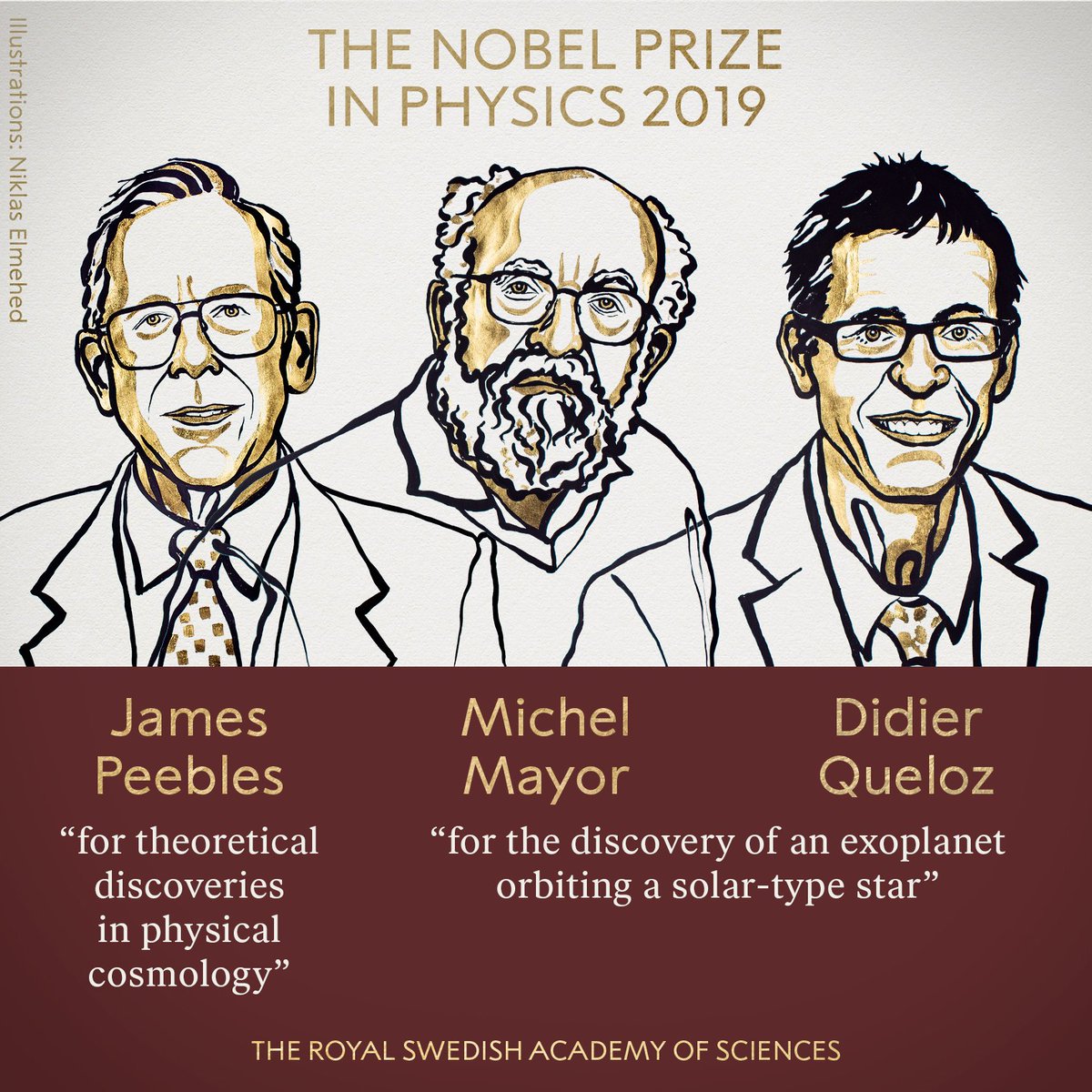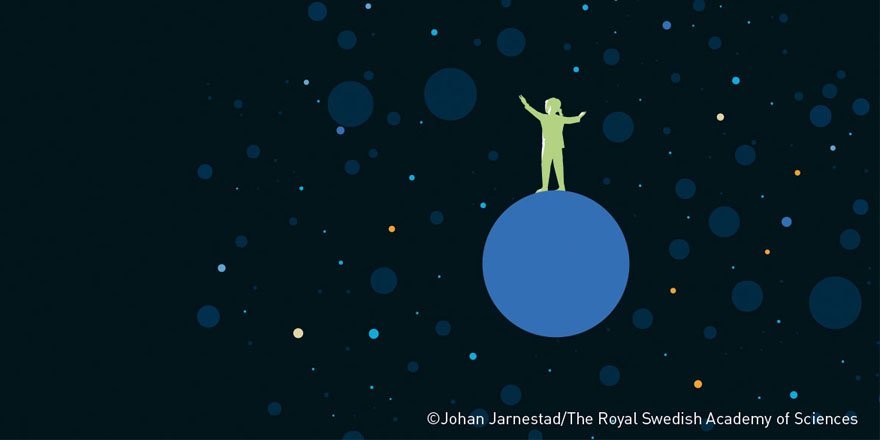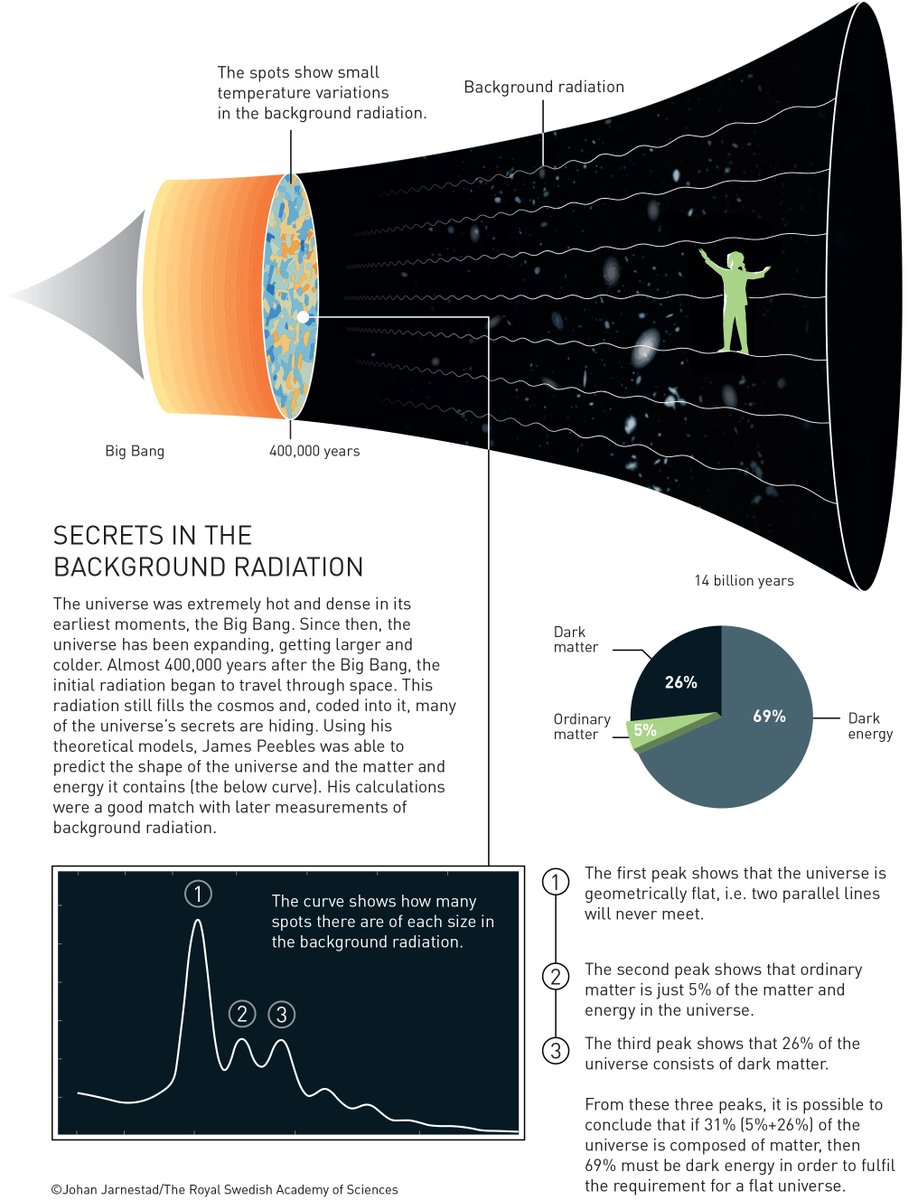A thread:
nature.com/articles/33903…
ui.adsabs.harvard.edu/abs/1988ApJ...…
ui.adsabs.harvard.edu/abs/1993ApJ...…
ui.adsabs.harvard.edu/abs/2012A%26A.…
ui.adsabs.harvard.edu/abs/1992Natur.…
This one held up. The first rocky exoplanets ever discovered, and the last to be discovered for *20 years*.
arxiv.org/abs/1210.2471
This is to make sure that the Nobel serves its best purpose: educating, and promoting and celebrating scientific discovery.
ui.adsabs.harvard.edu/abs/1993ApJ...…
So add one more planet to the pre-history list!
ui.adsabs.harvard.edu/abs/1993Natur.…





